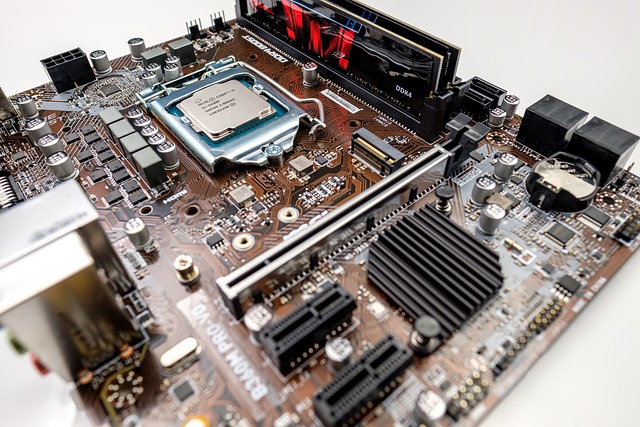
The cache memory helps speed up the execution of processes.
The concept of memory has its etymological origin in the Latin language. The term has several uses: in this case, we are interested in its meaning in computing .
In this area, the physical object that makes the storage of instructions and data possible is called memory. What is stored in memory can be recovered for later use.
The idea of cache , therefore, refers to a resource that is used to temporarily store certain specific data , facilitating quick access to it in the future. Duplicate data (which is also stored in another space ) or the results of a calculation that was previously carried out can be stored in the cache.
Cache operation
The cache memory is intended for the temporary storage of data that was recently processed in another memory . It is defined as a static random access memory that is used by the Central Processing Unit ( CPU ).
In this way, the cache memory stores instructions and data that the CPU will require in the near future. This speeds up the execution of tasks and optimizes the computer 's performance.
When a process is started on a computer, the execution of various instructions begins, the management of which is carried out by the CPU . This information, in the first instance, is loaded into the random access memory ( RAM ) and then reaches the processor.
In order to speed up processes, frequently used instructions are copied to the cache, so the processor does not need to search RAM .

Web browsing can be speeded up thanks to cache memory.
Classification according to type
It is possible to differentiate between different types of cache memory. Web cache , for example, stores information about recently visited sites, speeding up future loads.
The disk cache , meanwhile, consists of the use of a sector of RAM that is linked to a specific disk . This speeds up loading by saving data accessed in the recent past.
The importance of clearing the cache
It is essential to keep in mind that the cache memory is not infinite: this means that its capacity is limited and, therefore, it can fill up. To avoid collapse, the processor is responsible for deleting the data automatically.
However, sometimes this removal cannot be completed successfully . That is why it is important that the user intervenes and prepares to delete the data manually to free up cache space.
By doing this regularly, it is possible to eliminate information linked to processes that may no longer be used, generating the space necessary to store other more useful data.
Clearing your cache often helps increase web browsing speed and ensures that you see the latest version of each site. The action even protects privacy and improves security since the personal information stored there is deleted.
